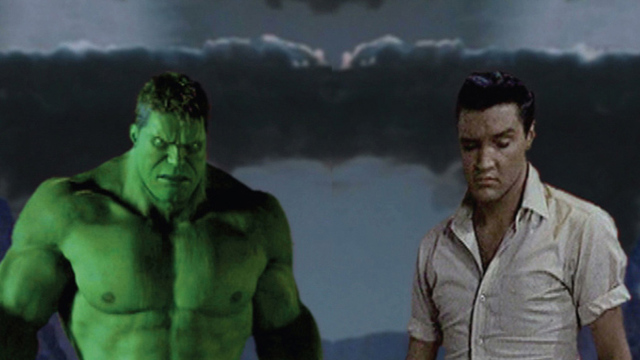Jordan Crandall
Jordan Crandall is an artist, theorist, and performer based in Los Angeles. His video installations, presented in numerous exhibitions worldwide, combine formats and genres deriving from cinematic and military culture, exploring new regimes of power and their effects on subjectivity, sociality, embodiment, and desire. Crandall writes and lectures regularly at various institutions across the US and Europe. He is the 2011 winner of the Vilém Flusser Theory Award for outstanding theory and research-based digital arts practice, given by the Transmediale in Berlin in collaboration with the Vilém Flusser Archive of the University of Arts, Berlin. He is currently (2012) an Honorary Resident at Eyebeam art and technology center in New York, where he is continuing the development of a new body of work that blends performance art, political theater, philosophical speculation, and intimate reverie. The work, entitled UNMANNED, explores new ontologies of distributed systems -- a performative event-philosophy in the form of a book and a theatrical production. He is also the founding editor of the new journal VERSION.
Read
